When it comes to purchasing a dump trailer, one of the significant considerations is its weight. The weight of a trailer can drastically influence towing capacity, stability, and overall performance. In this comprehensive guide, we delve into everything you need to know about the weight of a 16 ft dump trailer, its implications for various applications, and how it fits into the broader spectrum of trailer choices.
What is a 16 ft Dump Trailer?
A dump trailer is a specialized type of trailer designed to carry bulk materials and can be unloaded by tipping the trailer bed. This convenience makes them indispensable for construction, landscaping, and agricultural sectors. The 16 ft dimension refers to its length, which is typically used for hauling a variety of materials such as dirt, gravel, sand, and debris.
Key Specifications of a 16 ft Dump Trailer
| Feature | Description |
|---|---|
| Length | 16 ft |
| Width | 6 – 8 ft (varies by model) |
| Height | 4 – 5 ft (varies by model) |
| Load Capacity | 10,000 – 14,000 lbs (average) |
| Empty Weight | 3,000 – 5,000 lbs (average) |
| Axles | Typically 2, but varies |
| Construction Material | Steel or aluminum |
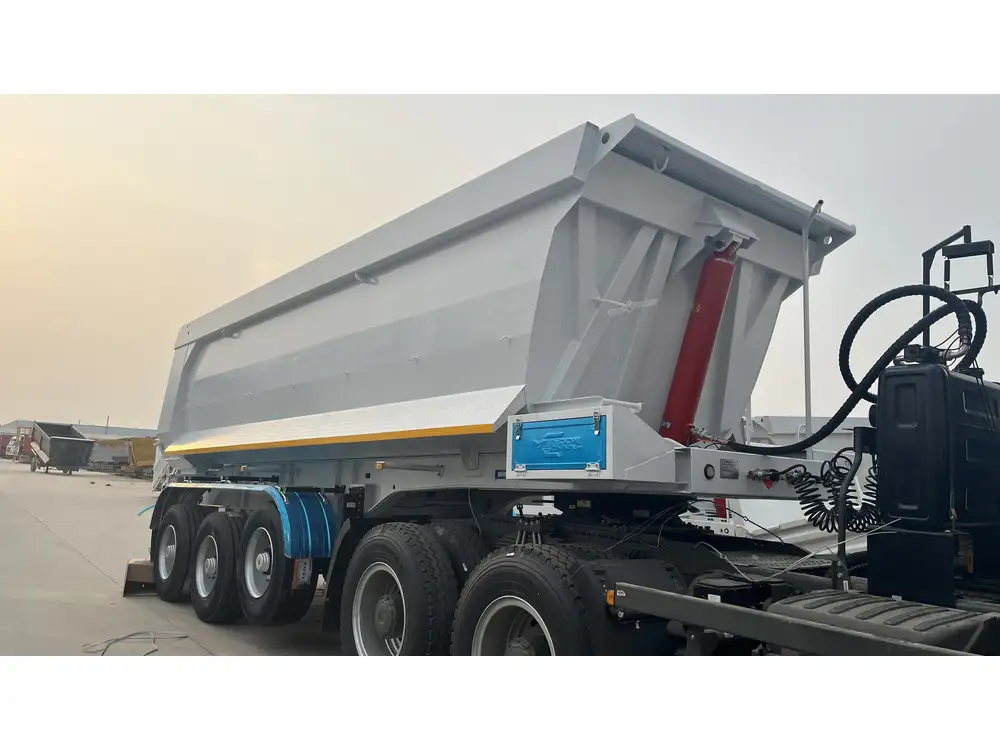
How Much Does a 16 ft Dump Trailer Weigh?
The weight of a 16 ft dump trailer varies based on its construction materials, features, and load capacity. On average, you can expect a 16 ft dump trailer to weigh between 3,000 lbs and 5,000 lbs when empty. The variation in weight can be attributed to several factors, including:
Material Composition: Steel trailers tend to be heavier than those made from aluminum. The choice of material affects both the empty weight and the durability.
Construction Design: Trailers built with reinforced structures capable of carrying higher loads generally weigh more due to additional materials.
Additional Features: Features like hydraulic lifts, side walls, and reinforced frames add extra weight. Premium models with advanced technology will invariably weigh more.
Understanding Manufacturer Specifications
When assessing a dump trailer, always refer to the manufacturer’s specifications. These documents provide detailed insights into the trailer’s gross vehicle weight rating (GVWR), which includes the trailer’s weight and the maximum load it can carry. A precise understanding of these figures is crucial for compliance with towing guidelines.
Importance of Knowing the Weight
Understanding the weight of a 16 ft dump trailer provides clarity on several fronts:
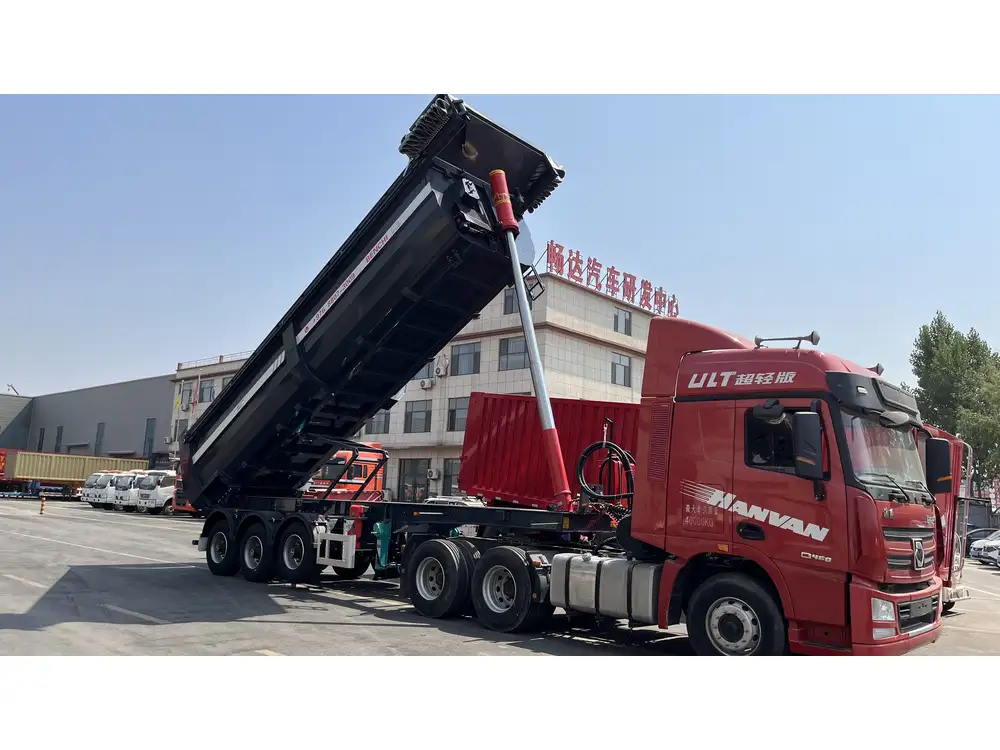
Towing Capacity
Vehicle Compatibility: Knowing the weight of the trailer allows potential buyers to choose the right towing vehicle. For instance, a vehicle’s towing capacity must exceed the combined weight of the trailer and its load.
Safety: Overloading can lead to hazardous driving conditions, including instability, longer stopping distances, and damage to both the trailer and towing vehicle.
Legal Implications
Many jurisdictions impose weight limits on trailers and vehicles. Ensuring compliance helps avoid hefty fines and legal inconveniences.
Operational Efficiency
By understanding how much a dump trailer weighs, operators can optimize their load capacity. This optimization ensures they are not overloaded, facilitating easier maneuverability and fuel efficiency.
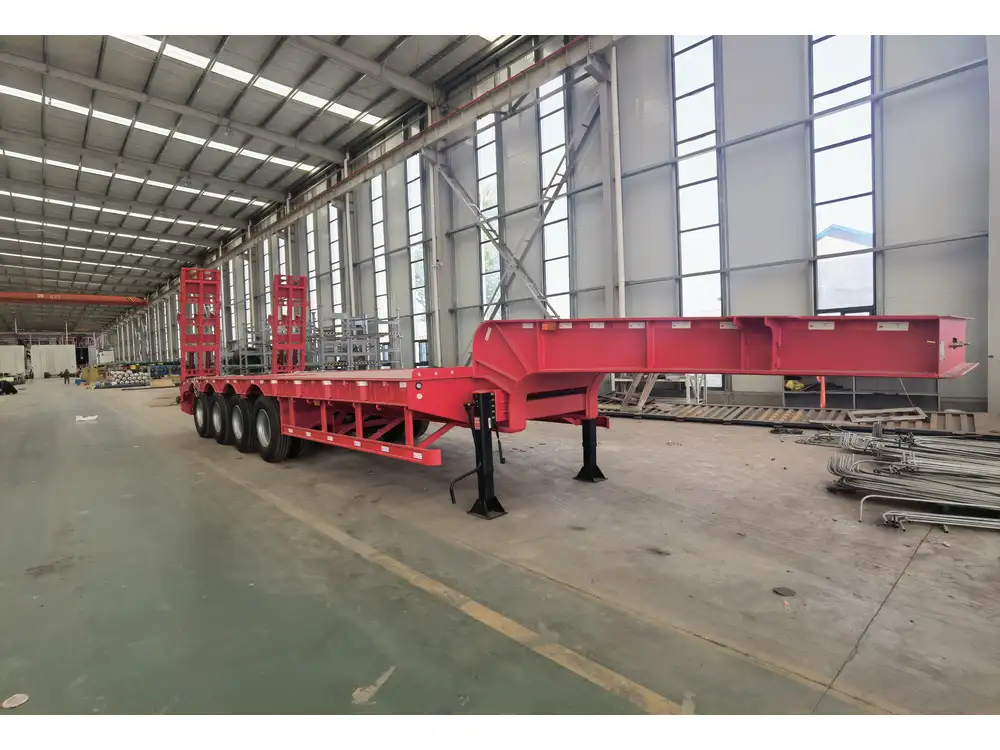
Types of 16 ft Dump Trailers: Weight Variations
Different types of 16 ft dump trailers exist, catering to specific needs. Each serves a unique purpose and comes with varying weights. Here’s a breakdown:
1. Standard Dump Trailers
- Average Weight: 3,000 – 5,000 lbs
- Use: Ideal for general-purpose hauling in construction and landscaping projects.
2. Heavy-Duty Dump Trailers
- Average Weight: 5,000 – 7,000 lbs
- Use: Suitable for heavy loads, these trailers are often constructed with reinforced materials and are used in larger-scale operations.

3. Gooseneck Dump Trailers
- Average Weight: 5,500 – 8,000 lbs
- Use: Designed for increased stability when towing heavier loads, these are optimal for industrial applications and large equipment transport.
4. Dump Trailer with Side Walls
- Average Weight: 4,000 – 6,000 lbs
- Use: These are useful for transporting loose materials, enhancing load security during transit.
Factors Influencing the Weight of a 16 ft Dump Trailer
Several elements influence the weight of a dump trailer. Being aware of these can help buyers make informed choices:
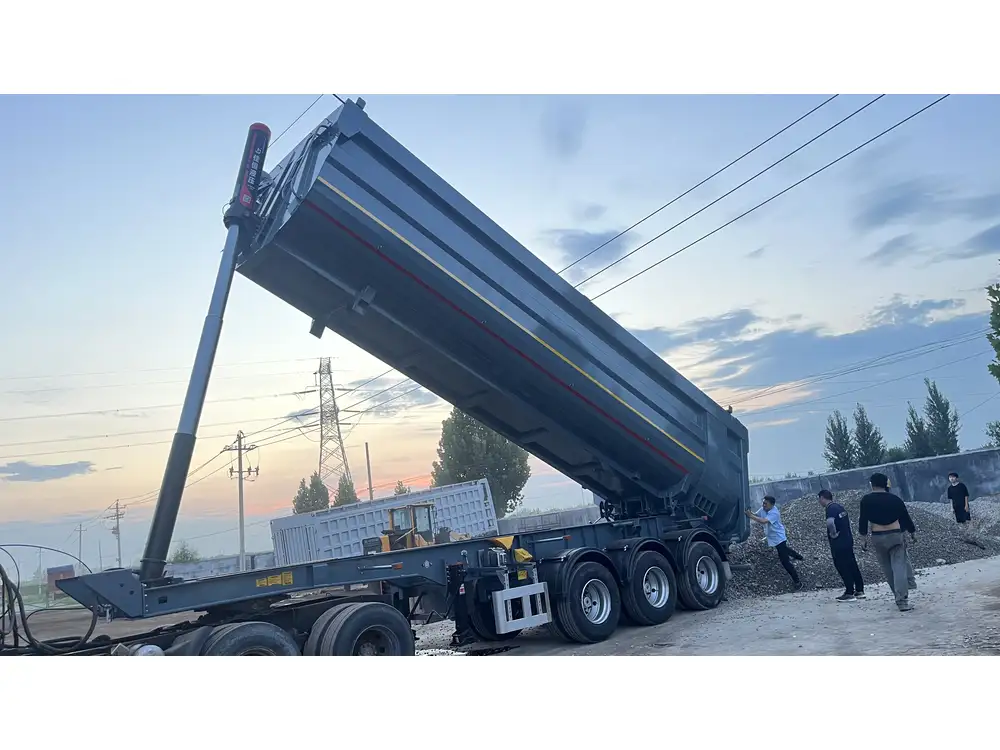
1. Axle Configuration
The number of axles can significantly affect weight. Dual axles provide better stability and higher load limits but add weight. Single-axle trailers are lighter but have limitations on capacity.
2. Trailer Design
The design can include features such as:
- Hydraulic Systems: Implemented for easy dumping, adding mechanical components will increase weight.
- Material Thickness: Thicker materials enhance durability but consequently increase overall weight.
3. Accessories
Various accessories such as ramps, toolboxes, and spare tire mounts, while useful, can also add to the trailer’s weight.

Making Sense of Online Weight Resources
Online resources can provide helpful estimates but may vary depending on the specific manufacturer, model, and intended use. Here are essential steps for verifying weight before a purchase:
Manufacturer Websites: Always check the manufacturer’s official website for technical specifications and accurate weight details.
User Reviews: Engaging with current users on forums can yield practical insights regarding real-world performance and weight considerations.
Consulting Dealers: Speaking directly with authorized dealers can clarify any discrepancies in reported weights and capacities.
Frequently Asked Questions
How Is the Weight of a Dump Trailer Calculated?
The weight of a dump trailer is typically given as the shipping weight, which is the weight of the trailer when it’s fully assembled but empty. This is distinct from the GVWR, which includes the trailer and load.
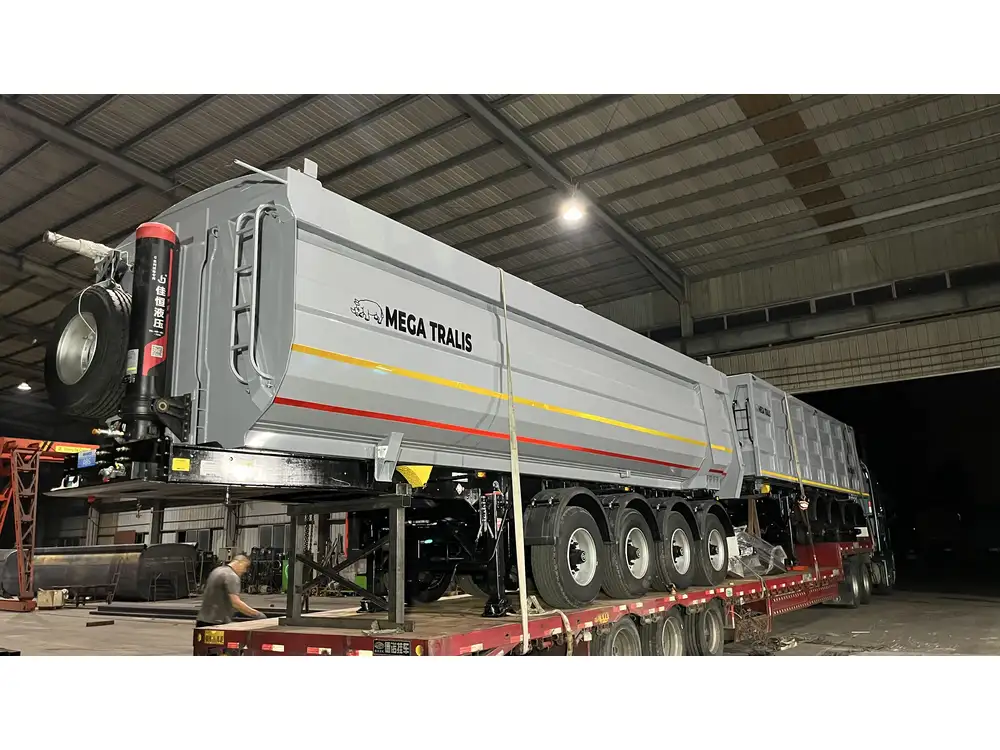
Can You Overload a 16 ft Dump Trailer?
Overloading a dump trailer is not only illegal in most jurisdictions but can lead to serious safety issues. Always adhere to the manufacturer’s load recommendations.
What Are the Risks of Towing an Overweight Trailer?
Towing an overweight trailer can lead to various risks, including:
- Decreased braking performance
- Increased wear and tear on your vehicle
- Potential for accidents on the road due to instability
Conclusion
Understanding how much a 16 ft dump trailer weighs is pivotal for anyone considering purchasing or utilizing one. The weight plays a significant role in determining towing needs, safety regulations, and overall operational efficiency. As you navigate the complexities of trailer ownership, keep in mind the various factors influencing weight and how they can impact your choices.
When empowered with detailed knowledge, you can make informed decisions that ensure safety, compliance, and successful hauling experiences. Always assess manufacturer specifications, consult with experts, and engage with the community to ensure the best practices in your trailer usage.
By focusing on optimizing weight and functionality, you empower your operations, enhance productivity, and ensure a seamless experience in all your hauling endeavors.



